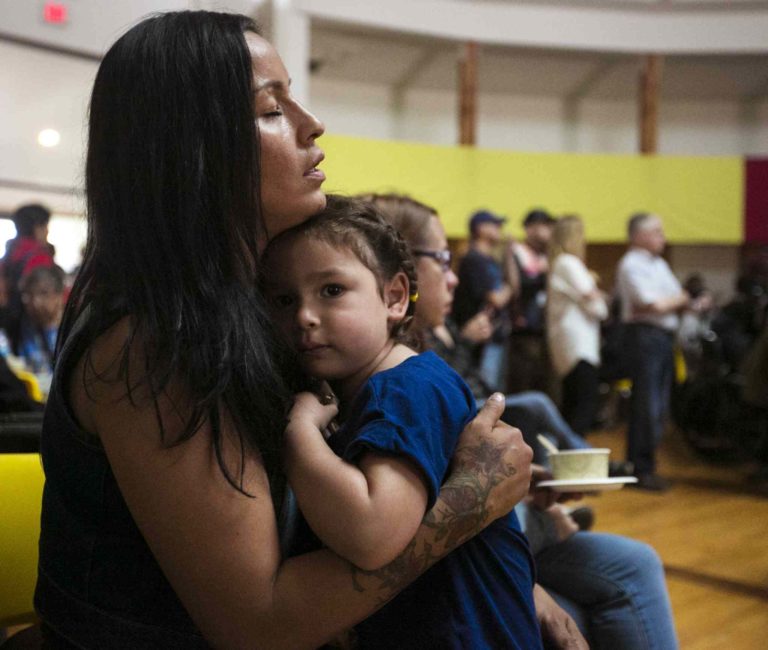4.1.3 Mental Health Services – Access to health services

Mental health is considered not just an absence of mental illness, but a “state of well-being in which the individual can realize his or her own potential, can cope with the normal stresses of life, can work productively and fruitfully, and is able to make a contribution to his or her community”.1. Mental health is much more than that to Indigenous people – it is the holistic and relational ways of knowing and being in the world and it balances the mental, physical, spiritual and emotional dimensions of self.2 This includes living in harmony with community, nature, the environment and family.2
Promoting the mental health of Indigenous children and youth involves focusing on interventions that are rooted in the community – are owned and operated by the community. These incorporate Indigenous values, knowledge and culture. Interventions must be holistic to address the determinants of health and focus on strengths, resilience and protective factors.2 A number of culturally responsive mental health promotion interventions are being implemented across Canada for Indigenous children and youth.2
1World Health Organization. (2016). Mental health: Strengthening our response. Geneva: Author. Retrieved August 26, 2016 from http://www.who.int/mediacentre/factsheets/fs220/en/
2Atkinson D. (2017). Considerations for Indigenous child and youth population mental health promotion in Canada. Ottawa, ON: Canada: National Collaborating Centres for Public Health. http://nccph.ca/images/uploads/general/07_Indigenous_MentalHealth_NCCPH_2017_EN.pdf – accessed June 14, 2018.
